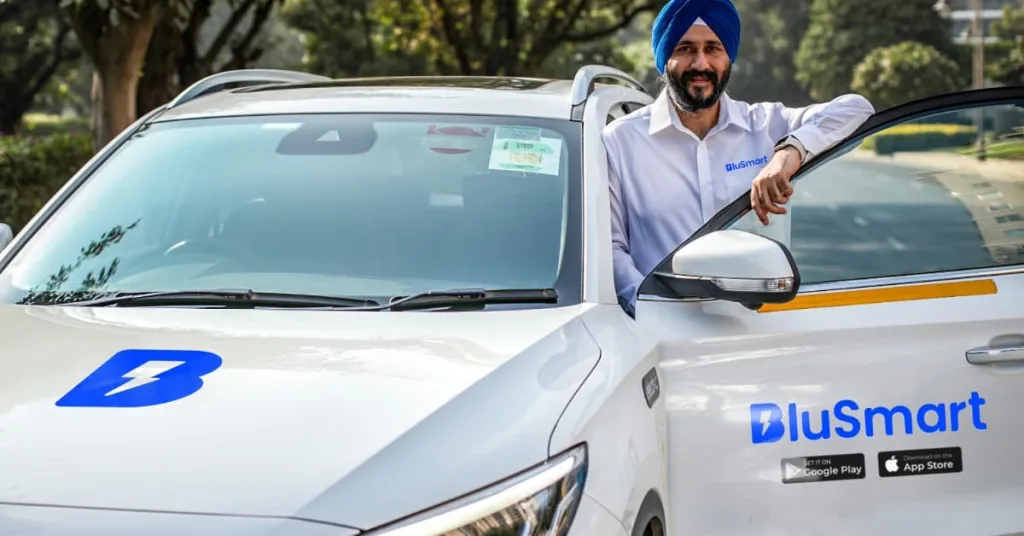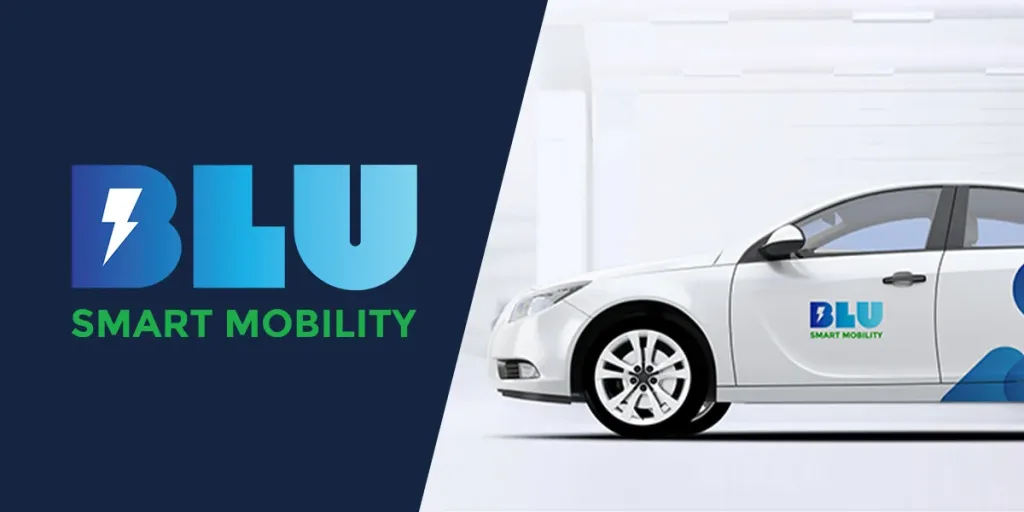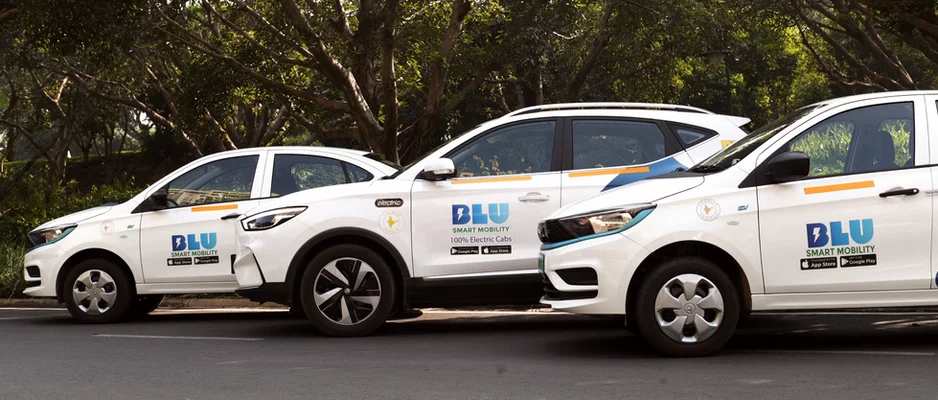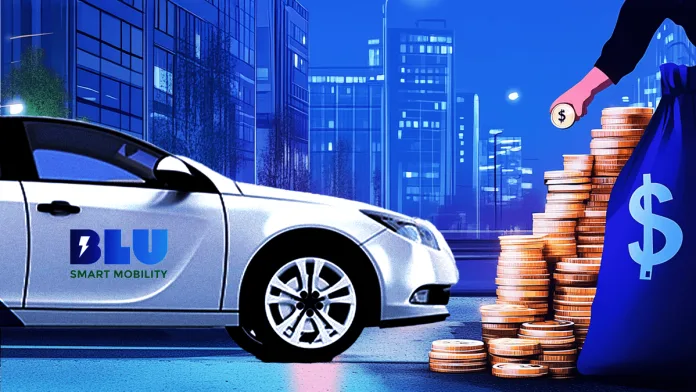In a significant setback for India’s electric vehicle sector, BluSmart and Gensol Engineering have mutually decided to cancel their much-anticipated EV acquisition deal. The agreement, which would have seen Refex Green Mobility (a subsidiary of Refex Industries) acquire 2,997 electric vehicles from Gensol Engineering, was officially terminated on March 28, 2025.
The cancellation comes at a critical time for both companies and raises important questions about the stability of partnerships in India’s rapidly evolving EV landscape. According to official statements, the decision was attributed to “evolving commitments at both ends” and challenges in concluding the transaction within the originally planned timeline.
“The EV takeover deal would have been transformative for all parties involved,” said an industry analyst who requested anonymity. “Its cancellation signals deeper challenges in the sector that investors should pay attention to.”
Table of Contents
Why the EV Takeover Deal Fell Through

The cancelled agreement would have involved Refex leasing these vehicles to BluSmart while assuming Gensol Engineering’s existing debt of nearly Rs 315 crore. This arrangement would have provided much-needed financial relief to Gensol while expanding Refex’s footprint in the EV market.
Several factors contributed to the deal’s collapse:
- Timeline Constraints: Both companies acknowledged difficulties in meeting the originally established deadlines for completing the transaction.
- Changing Market Conditions: The rapidly evolving EV landscape in India has created uncertainty, making large-scale commitments increasingly risky.
- Financial Challenges: Gensol’s mounting debt and liquidity issues likely complicated the negotiations.
- Regulatory Hurdles: Though not explicitly stated, industry experts suggest that regulatory approvals may have presented additional obstacles.
A joint statement from the companies noted: “After careful consideration, both parties have mutually agreed not to proceed with the proposed transaction due to evolving commitments and challenges in concluding the deal within the envisaged timeline.”
How the Cancellation Affects Gensol Engineering Share Price
The market reaction to the announcement was swift and negative. The Gensol Engineering share price tumbled 5% to close at Rs 184.25 following the news, continuing a troubling trend for the company. This latest drop marks a staggering 76.16% decline in the Gensol Engineering share price since the beginning of 2025.
The company’s financial situation presents significant concerns for investors:
| Metric | Value |
|---|---|
| Current Debt | Rs 1,146 crore |
| Reserve | Rs 589 crore |
| Stock Price (as of Mar 28, 2025) | Rs 184.25 |
| Stock Decline in 2025 | 76.16% |
Adding to investor concerns, Gensol Engineering has been placed under long-term Enhanced Surveillance Measure (ESM) framework by both BSE and NSE, indicating regulatory concerns about the company’s operations and financial disclosures.
“The Gensol Engineering share price is likely to face continued pressure as the company struggles to address its debt burden,” noted a financial analyst from a leading brokerage firm. “Without this deal, they’ll need to explore alternative strategies quickly.”
NSE: Refex Responds to Deal Cancellation News
Trading activity for NSE: Refex increased significantly after the announcement as investors assessed the implications. While the immediate market reaction was mixed, the long-term outlook for NSE: Refex remains uncertain following this development.
Refex Green Mobility, the subsidiary that would have acquired the EVs, now faces a strategic setback in its expansion plans. The company had positioned this acquisition as a key component of its growth strategy in the electric mobility space.
The Refex Industries share value fluctuated as investors processed the news, with analysts revising their projections for future performance. Long-term investors are reassessing their position on Refex Industries share following the cancellation, with some expressing concerns about the company’s alternative growth paths.
A statement from Refex Industries noted: “While we are disappointed that this particular transaction will not move forward, we remain committed to our strategic vision in the EV space and are exploring alternative opportunities for growth.”
What This Means for BluSmart’s Future Plans

BluSmart continues to face funding challenges in the competitive EV market. The cancelled deal marks another hurdle for BluSmart as it seeks to expand its electric fleet and strengthen its market position.
According to reports, BluSmart is now exploring alternative strategies, including deploying 300 electric cabs on Uber’s platform. This move suggests a potential shift in business model, possibly moving from fleet ownership to a partnership approach.
Rumors of an acquisition by Uber were recently denied by BluSmart co-founder Anmol Singh Jaggi, who stated: “We are focused on organic growth and strategic partnerships rather than acquisition at this time.”
Industry observers note that BluSmart will need to secure alternative funding sources quickly to maintain its growth trajectory in India’s competitive ride-hailing market.
Implications for the Electric Vehicle Industry India
The cancellation raises questions about consolidation trends in the Electric Vehicle Industry India. As one of the largest potential deals in the sector this year, its failure may signal deeper challenges in the market.
Key implications include:
- Investor Confidence: The setback may shake investor confidence in the EV sector, particularly for companies facing financial challenges.
- Consolidation Trends: This event might slow down consolidation efforts in the industry, as companies become more cautious about large-scale deals.
- Funding Challenges: The situation highlights the ongoing funding challenges in the EV sector, especially for companies with high debt loads.
- Regulatory Scrutiny: Increased regulatory attention may follow, with agencies like SEBI potentially taking a closer look at financial disclosures and corporate governance practices.
- Market Dynamics: The competitive landscape may shift, with other players potentially stepping in to fill the gap left by this canceled deal.
“The Electric Vehicle Industry India is at a critical juncture,” said Rahul Sharma, an EV industry consultant. “While the long-term outlook remains positive, we’re seeing growing pains as companies navigate funding challenges and evolving regulations.”
Expert Analysis: What’s Next for the Companies Involved?
Financial experts suggest that Gensol Engineering will need to take immediate steps to address its debt situation. Without the relief that would have come from this deal, the company may need to consider asset sales, equity dilution, or other debt restructuring measures.
For BluSmart, the path forward likely involves securing alternative funding sources and potentially revising its growth strategy. The company’s exploration of partnerships with established players like Uber suggests a pragmatic approach to navigating current market challenges.
Refex Green Mobility and its parent company will need to reassess their expansion plans in the EV space. While the cancellation represents a setback, the company’s relatively stronger financial position gives it more flexibility to pursue alternative opportunities.
“We’re seeing a reality check in the EV sector,” noted Priya Mehta, an automotive industry analyst. “Companies are realizing that sustainable growth requires solid financial foundations, not just ambitious expansion plans.”

Looking Ahead: The Future of EV Partnerships in India
Despite this setback, the long-term outlook for India’s EV sector remains positive. Government policies supporting electric mobility, increasing consumer awareness, and the global shift toward sustainable transportation continue to create opportunities for well-positioned companies.
However, this cancelled deal serves as a reminder that the path to a sustainable EV ecosystem in India will not be without challenges. Companies will need to balance ambitious growth plans with financial prudence, and investors will likely become more discerning in their approach to the sector.
As the dust settles on this cancelled agreement, all eyes will be on how BluSmart, Gensol Engineering, and Refex navigate the road ahead. Their ability to adapt and find alternative paths forward will not only determine their individual success but may also shape the broader trajectory of India’s electric vehicle revolution.


